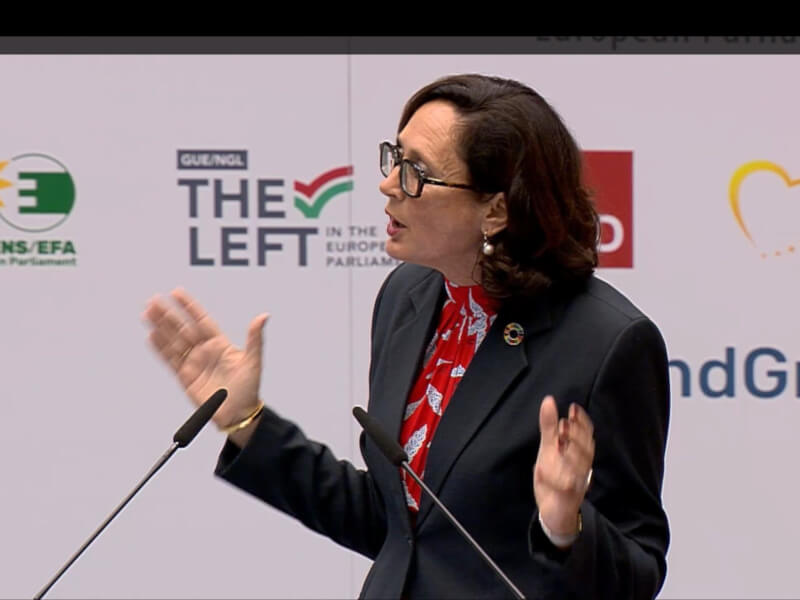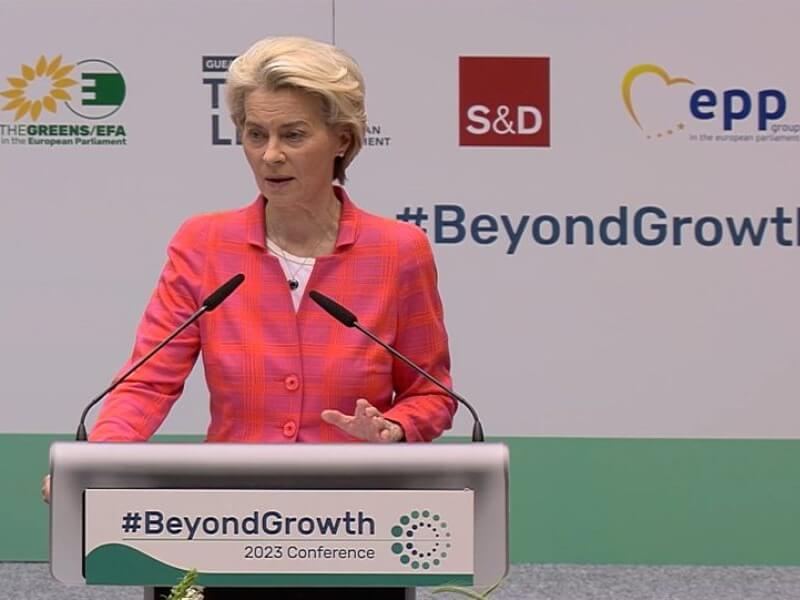24 February 2023 –
NOT IMPOSSIBLY EXPENSIVE BUT IT REQUIRES AN ACTIVE AND WELL-FUNDED STATE
Over the last 15 years, my colleagues and I have studied possible paths for human wellbeing on planet Earth in the 21st century. Our perspective is that of past and future growth in population and economy on a planet with numerous physical boundaries.
We conclude that the average wellbeing of the working majority will decline over the next forty years. This is assuming that the decision-making style that dominated during the past forty years is continued into the future.
Wellbeing will decline because the increase in disposable after-tax income and public services is not enough to counteract the decline in wellbeing from rising inequality, climate change and lack of social progress. The detail will differ strongly among the various regions of the world.
We believe it is possible to convert the decline in wellbeing into a lasting rise. To this end, in our new book Earth for All, we recommend a global policy package consisting of five truly extraordinary turnarounds – in Poverty, Inequality, Empowerment, Food, and Energy. The five turnarounds involve more planning and less market in economic development, higher transfers from rich to poor, more emphasis on public health, education, and contraception, more regenerative (“CO2-absorbing”) agriculture, and a rapid shift to electrification, renewable energy, and carbon capture and storage. In sum, we recommend a significant collective effort to increase the wellbeing of the majority – paid for by the richest 10 % of the population.
Implementation of the five extraordinary turnarounds would amount to a true transformation of the world economy – that we call The Giant Leap. If implemented with speed and strength this Giant Leap could remove global poverty, halt global warming, and slow global biodiversity loss within the next forty years. All this while maintaining sustainable economic growth and full employment.
We believe that the transformation would require a shift of 2-4 percent of global labour and capital from conventional jobs to green jobs (eg from building fossil capacity to building solar panels and wind turbines). The cost arises because the green jobs have lower labour productivity (physical output per person hour) in the short run. While this cost is not substantial in terms of global income, it will require subsidies and bans from active states to make the green shift happen at speed and scale in a market economy.
To achieve the goal, the active state must also be well funded. There are different ways to provide the necessary finance, for example higher taxes on the rich; more government debt; printing money earmarked for green activities, innovative ways of redistributing existing income and wealth – like new special drawing rights (SDRs) or a new Universal Basic Dividend based on fees levied on the use of global commons.
I fear that the real hurdle in the decades ahead will be to gather a democratic majority for one of the solutions. And in time, before declining wellbeing reduces social trust and erodes the ability of governments to act. Truly unconventional solutions – like the printing of money earmarked for green purposes – are most likely to succeed.
The world needs an active and well-funded state to ensure rising wellbeing for the global majority on a finite planet towards 2100. The world’s voters need to put it in place as soon as possible.






